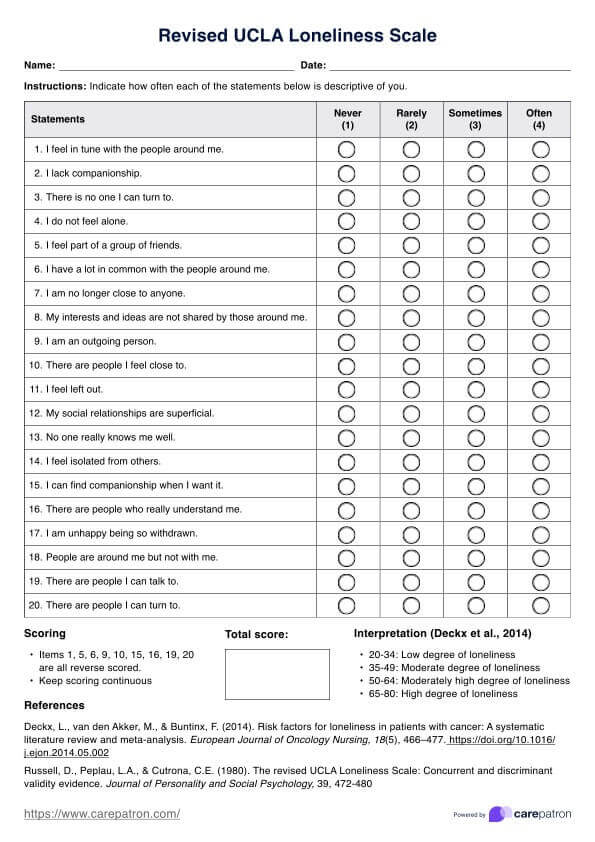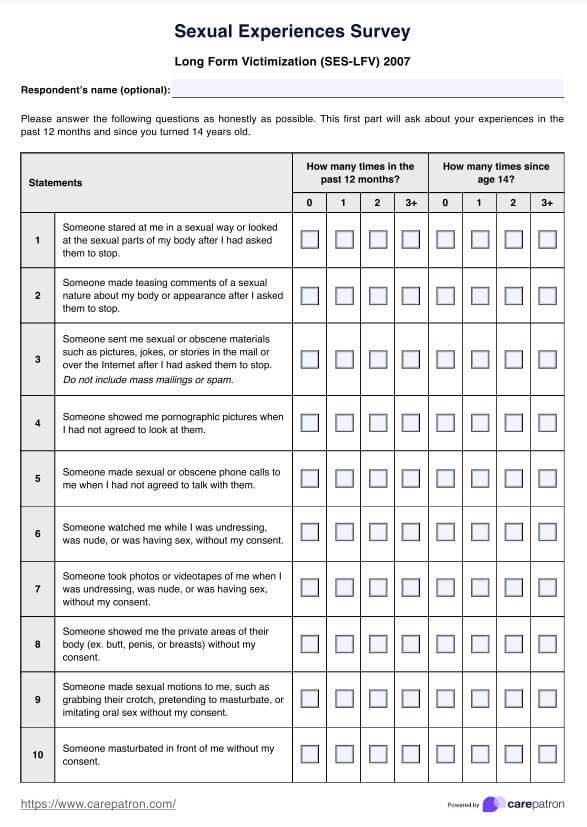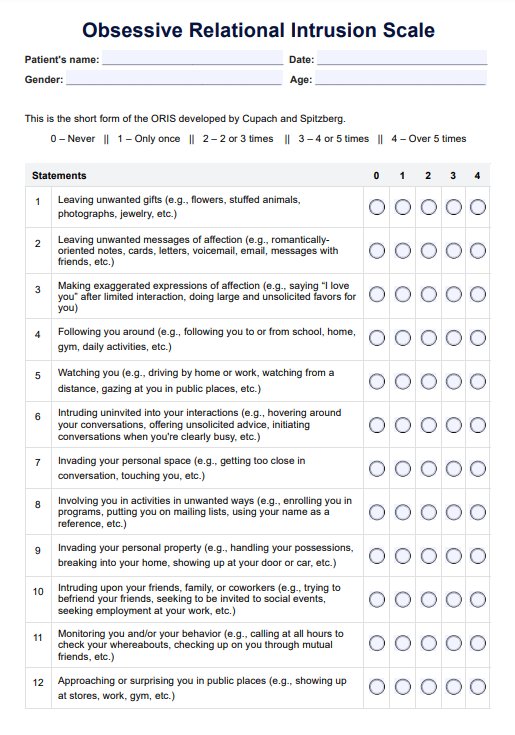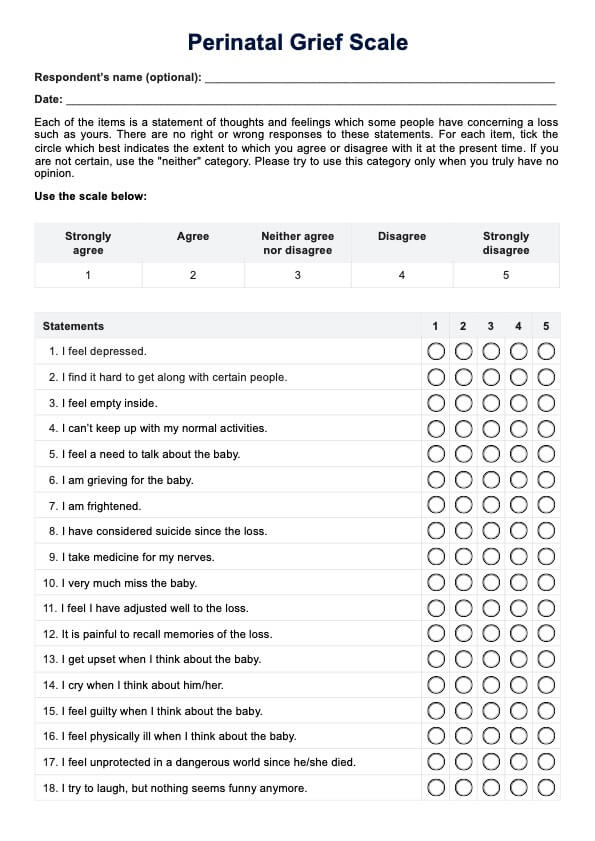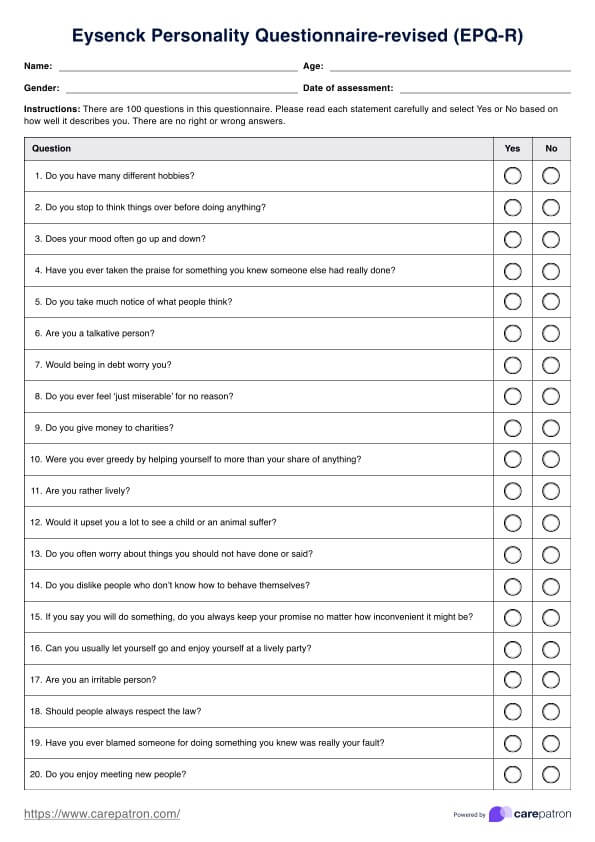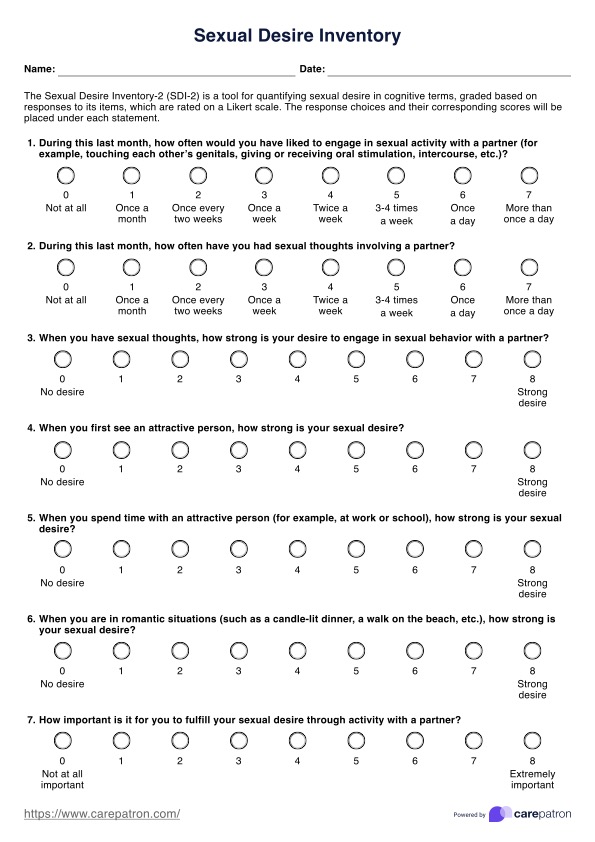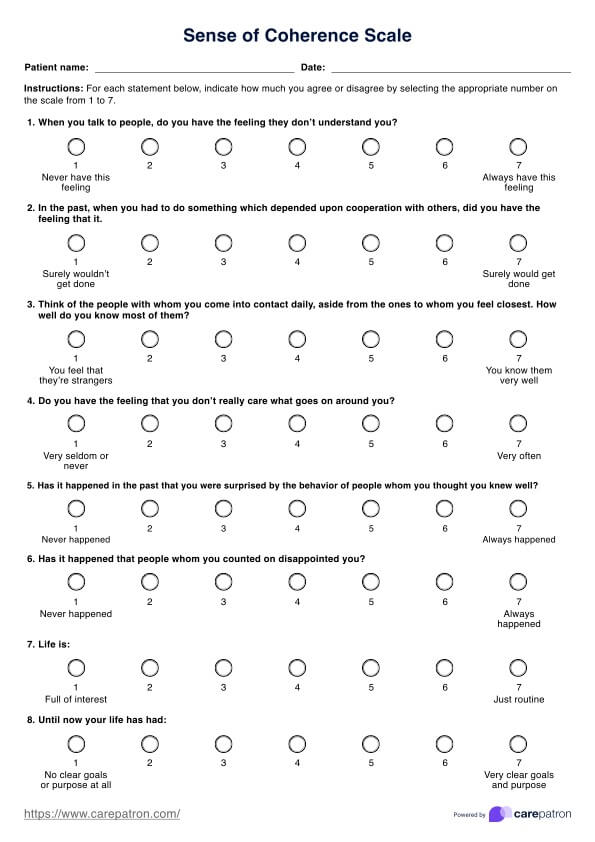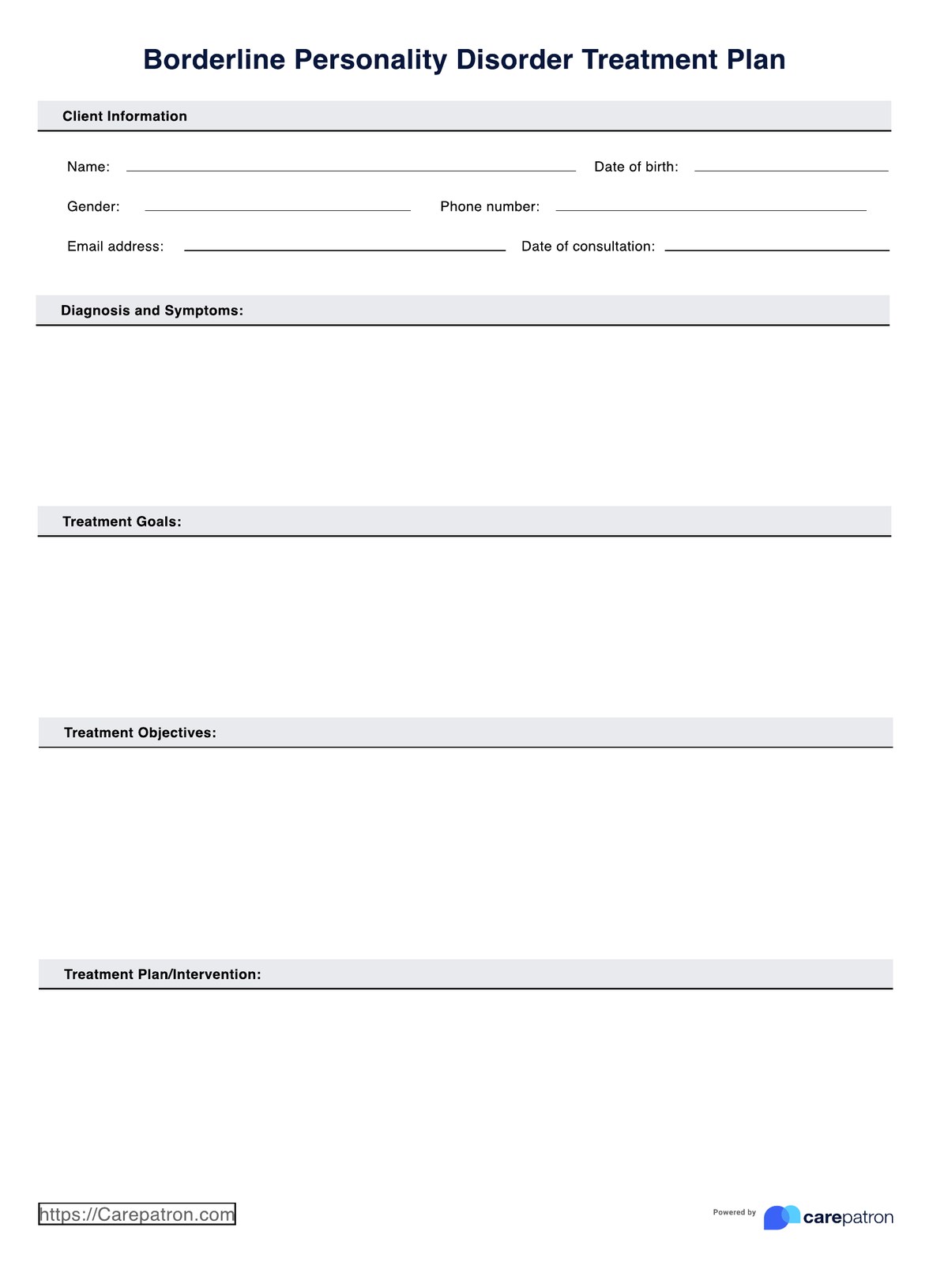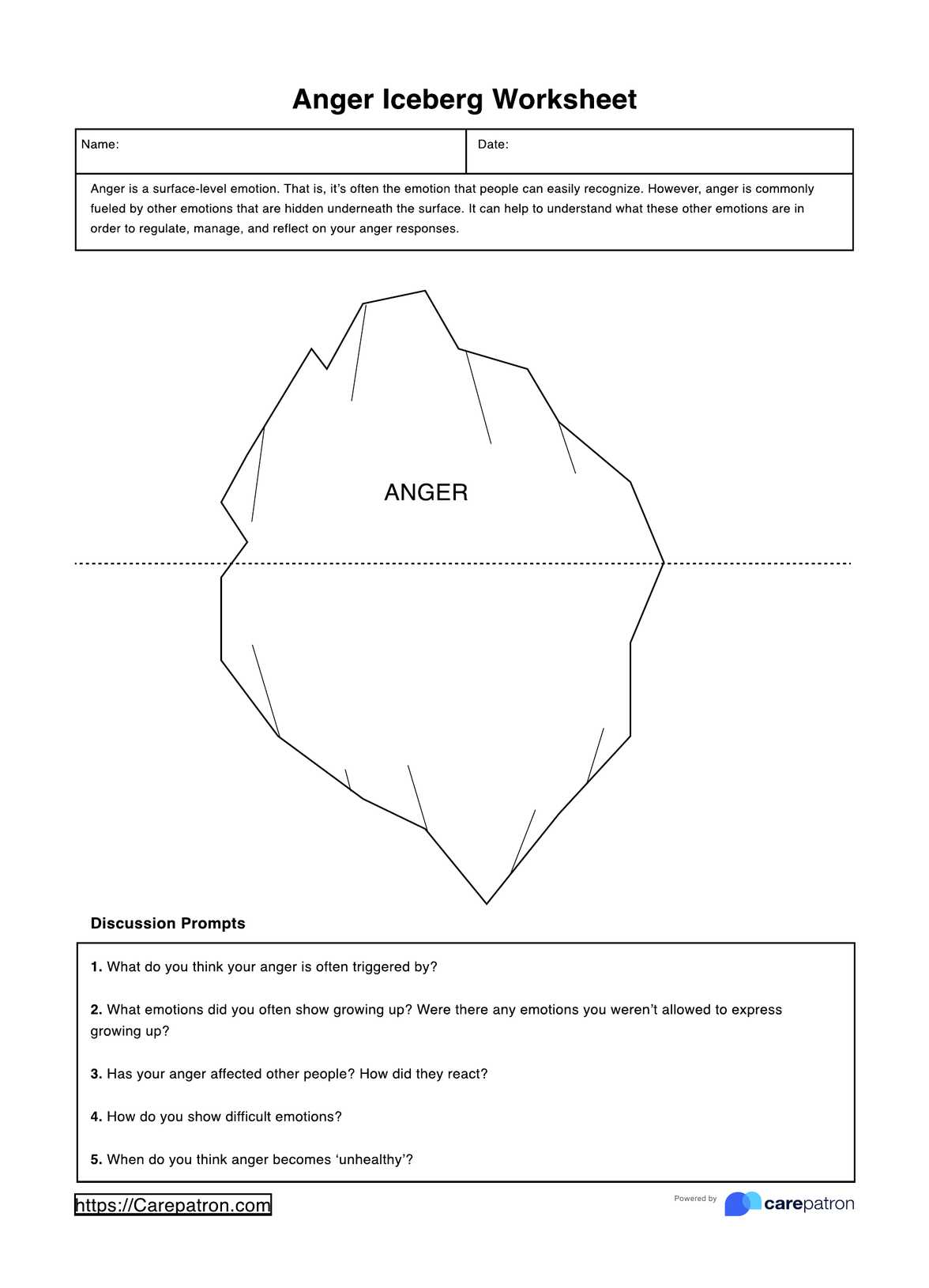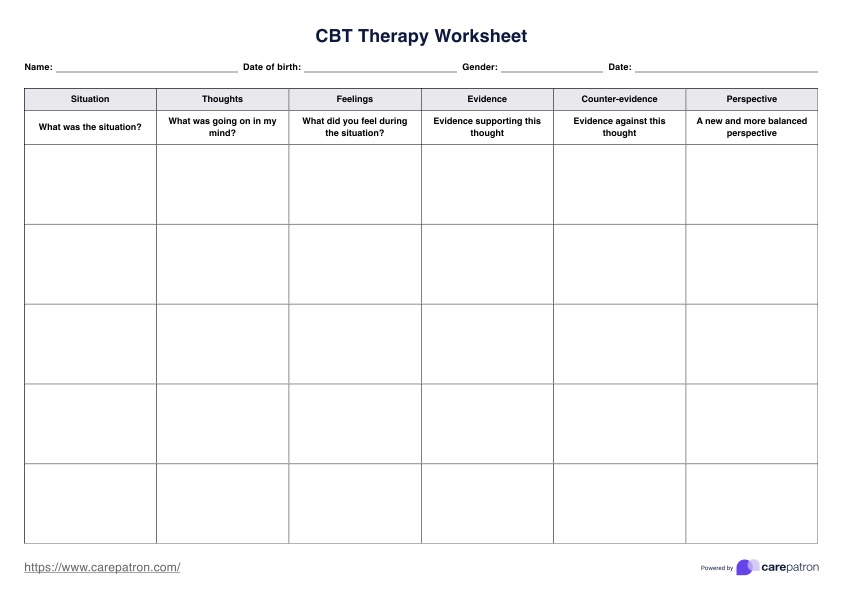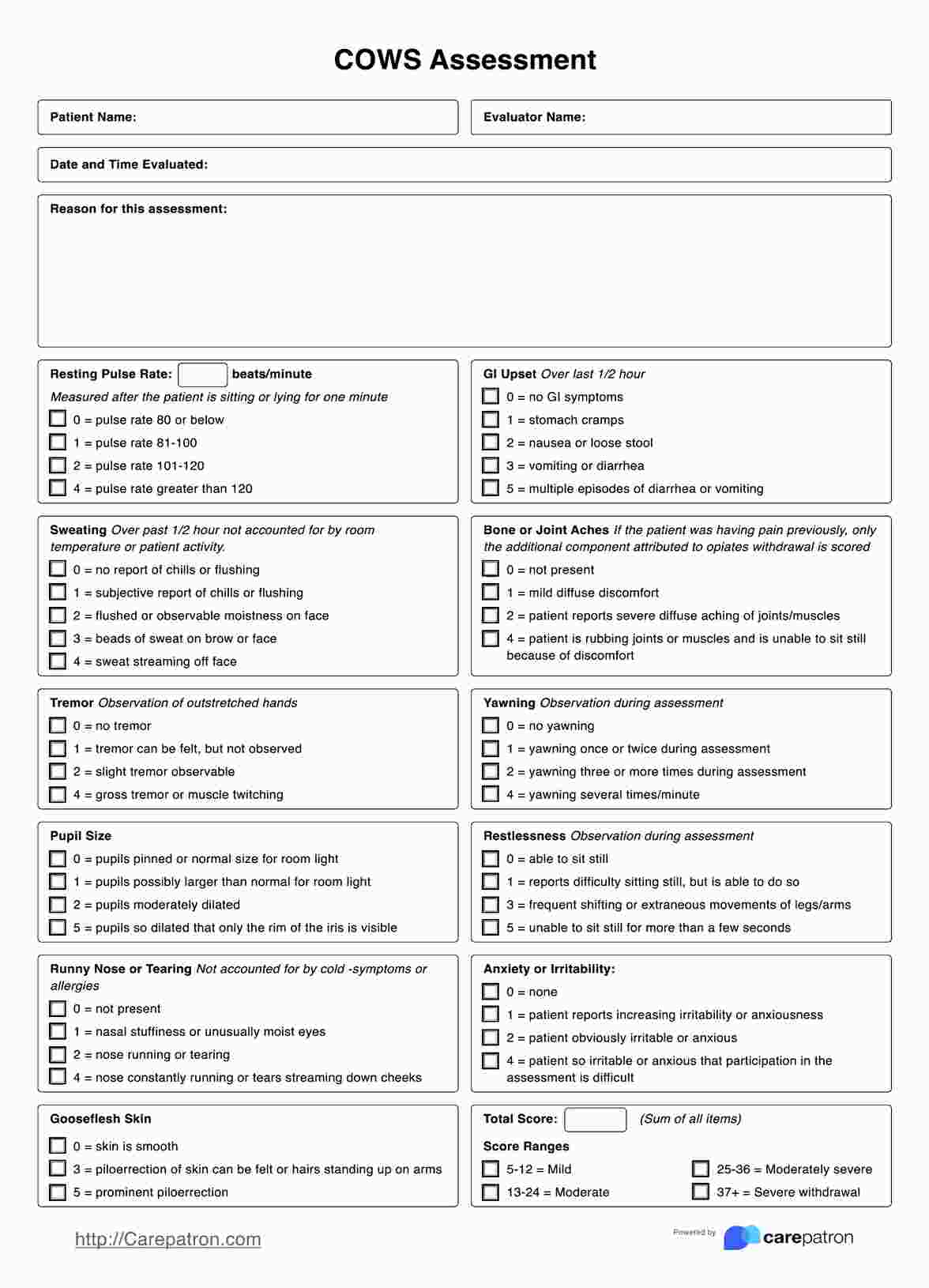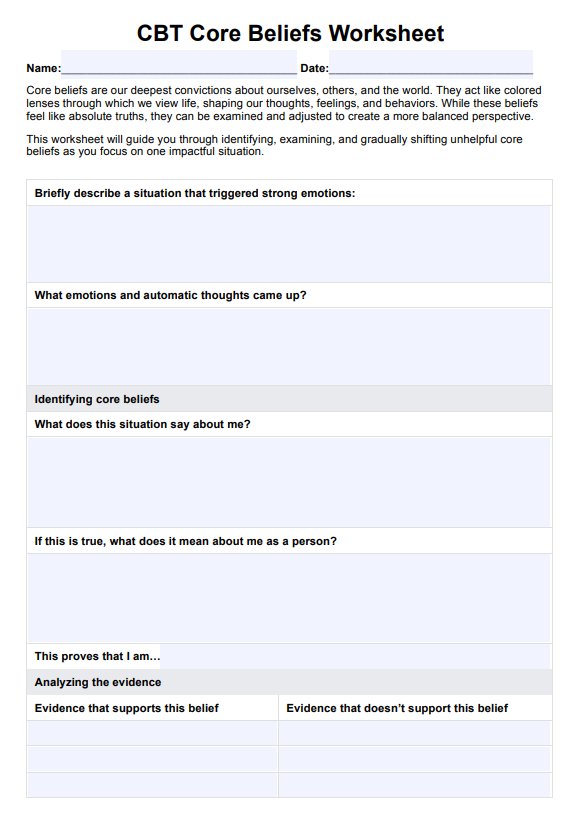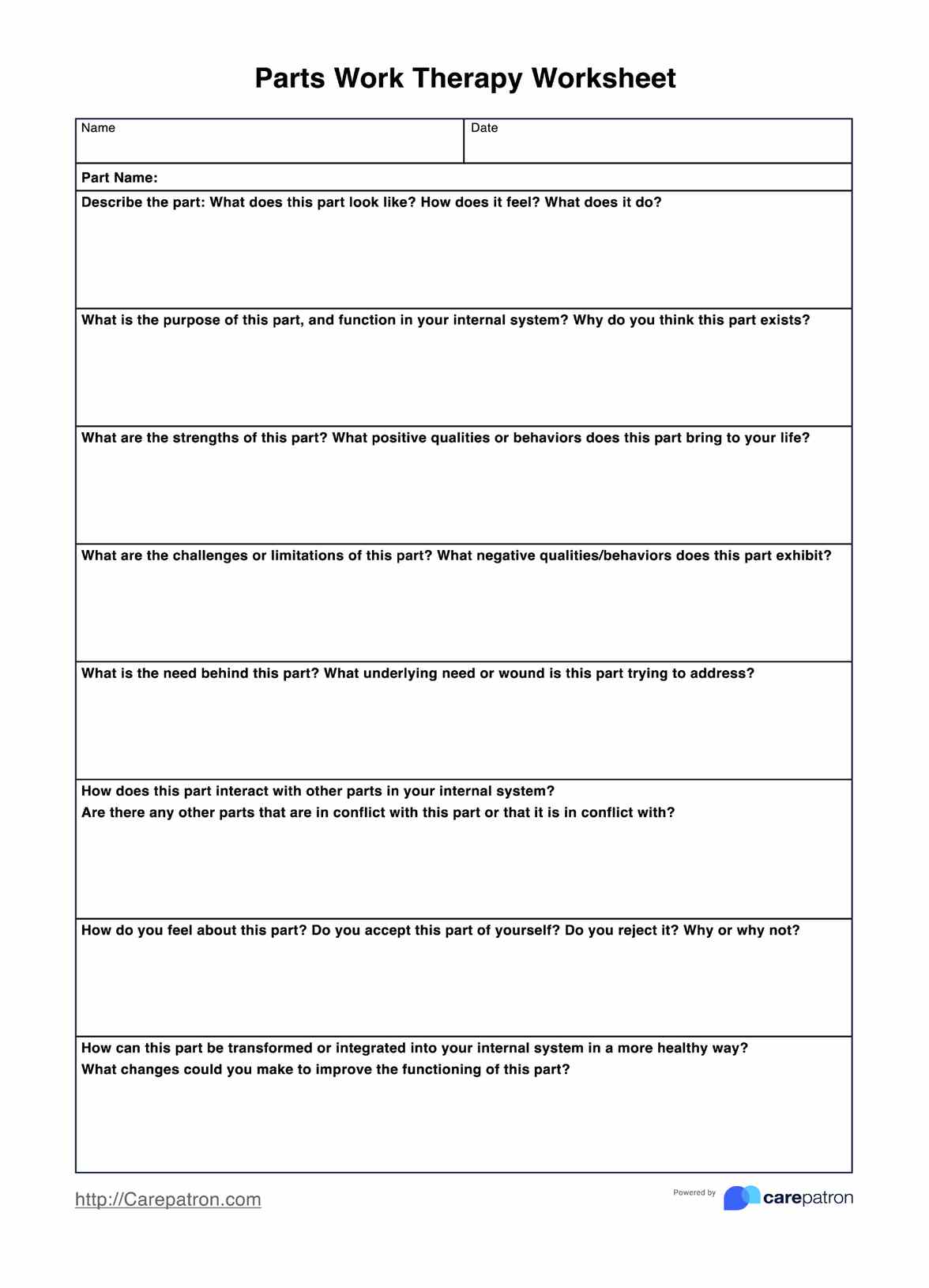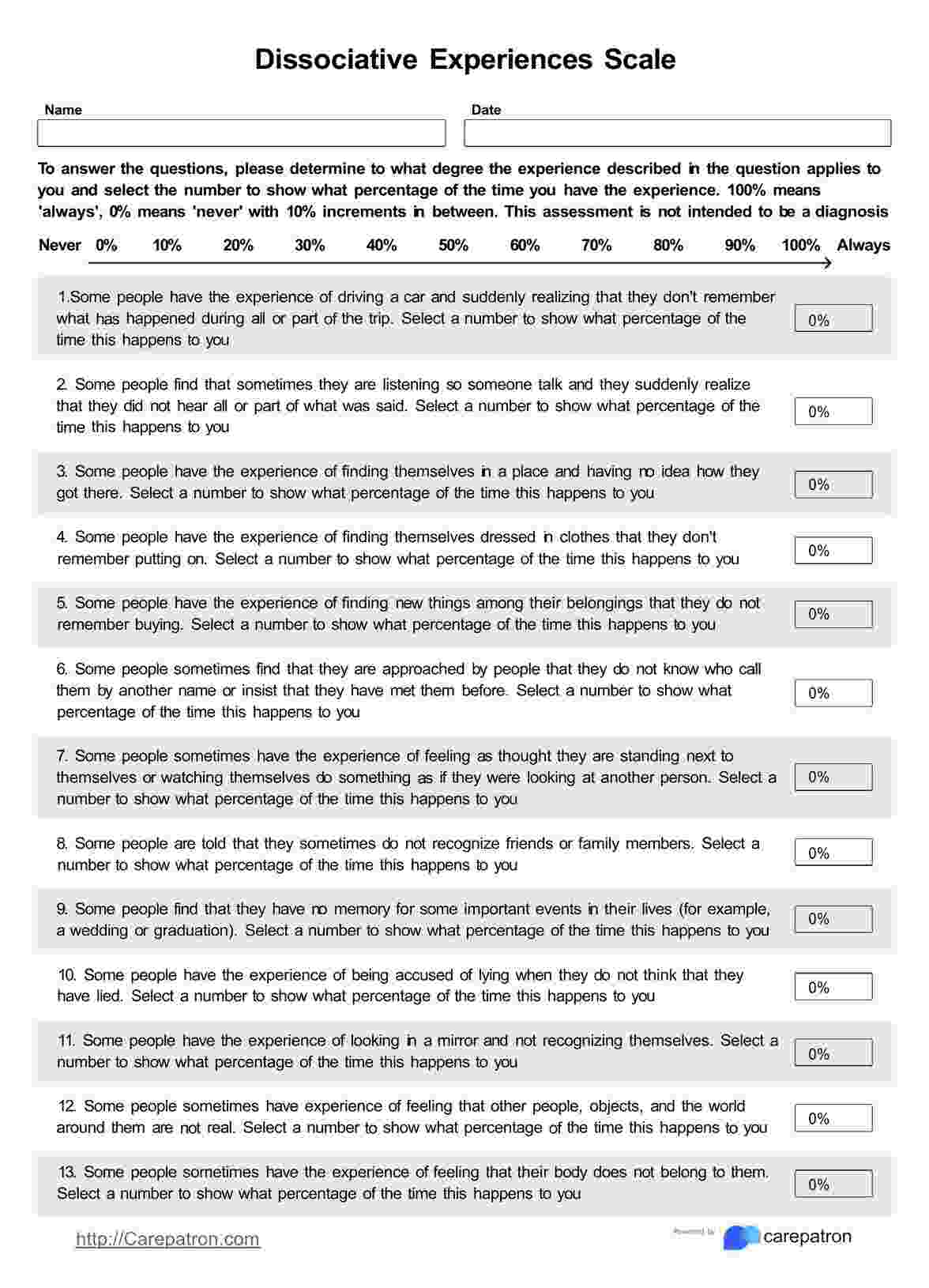Coopersmith Self-Esteem Inventory (CSEI)
Access the Coopersmith Self-Esteem Inventory, a robust tool for measuring self-esteem that can be used when working with clients.


What is the Coopersmith Self-Esteem Inventory (CSEI)?
Self-esteem is crucial to an individual's overall well-being and psychological health. It refers to an individual's overall evaluation of their self-worth, encompassing their beliefs, feelings, and attitudes toward themselves. Self-esteem is vital in shaping an individual's personal and professional life, influencing their confidence, decision-making abilities, and relationships with others.
The Coopersmith Self-Esteem Inventory is a psychological assessment tool designed to measure an individual's self-esteem. Developed by Stanley Coopersmith in 1967, it is widely used in research and clinical settings. The inventory is based on the premise that self-esteem is crucial to a person's overall psychological health.
The CSEI is a self-report inventory that measures an individual's self-esteem across multiple domains, including academic achievement and social and family aspects. It consists of several forms, each tailored to a specific age group or population, allowing for a comprehensive assessment of self-esteem throughout different stages of life (Potard, 2017).
Coopersmith Self-Esteem Inventory (CSEI) Template
Coopersmith Self-Esteem Inventory (CSEI) Example
Psychometric properties of the Coopersmith Self-Esteem Inventory (CSEI)
The Coopersmith Self-Esteem Inventory is a well-established and widely utilized measure of self-esteem with robust psychometric properties that have been extensively studied and validated over decades of research and practical applications (Potard, 2017).
Validity
The CSEI has demonstrated strong construct validity, with its scores correlating positively with other measures of self-concept and negatively with measures of anxiety and negative attitudes. This evidence supports the CSEI's ability to accurately assess the construct of self-esteem as it was intended to measure.
The CSEI also incorporates a Lie Scale, which helps identify individuals who may prioritize social desirability to appear in a positive light and provide inconsistent responses. This scale enhances the validity and reliability of the instrument.
Reliability
The CSEI has exhibited good test-retest reliability, with correlations ranging from 0.70 to 0.92 over a three-year interval. This indicates that the instrument produces consistent results over time, making it reliable for assessing self-esteem across various time points or for longitudinal studies.
Factor structure
Multiple dimensions within the CSEI have been determined through factor analytic study. This includes academic, social, and family self-esteem. This multidimensional structure aligns with the theoretical conceptualization of self-esteem as a multifaceted construct encompassing various aspects of an individual's life.
Normative data
The CSEI has established norms based on extensive research and standardization samples, allowing for the interpretation of scores in relation to specific age groups, gender, or other relevant demographic factors. This enables healthcare practitioners to make informed decisions and comparisons when assessing an individual's self-esteem.
Different forms of the CSEI
The Coopersmith Self-Esteem Inventory is available in several forms, each designed to cater to specific age groups or populations (Kokenes, 1974). This allows for a tailored assessment of self-esteem across various developmental stages and contexts.
School form
The School Form of the CSEI is designed for students from the 4th to 8th grade levels. It consists of 58 items that assess various aspects of self-esteem, including academic performance, social relationships, and family dynamics. This form is particularly useful for educators and mental health professionals working with school-aged children and early adolescents.
Short form (CSEI-SC)
The CSEI-SC Short Form of this tool is a condensed version of the original inventory. It comprises 25 items and is suitable for individuals aged 8 to 15 years old. This form is especially beneficial when time constraints or attention span limitations are concerning, such as in clinical settings or research studies involving younger participants.
Adult version
The Adult Version of the CSEI is designed for individuals aged 16 and above. It includes items relevant to the experiences and challenges faced by adults, such as careers, romantic relationships, and personal achievements. This form is valuable for assessing self-esteem in adolescents transitioning to adulthood and in adult populations.
Scoring and interpretation
The CSEI consists of a series of statements, and respondents are asked to indicate whether each statement is "like me" or "unlike me." The scoring process involves assigning a numerical value (typically 1 or 0) to each response based on a predetermined scoring key.
After scoring each item, the responses are summed to obtain a total score. The total score reflects the overall level of self-esteem, with higher scores indicating higher self-esteem and lower scores suggesting lower self-esteem.
To interpret the CSEI scores effectively, it is essential to consider the established norms and cut-off values. These norms are typically based on extensive research and standardization samples, taking into account factors such as age, gender, and other relevant demographic characteristics.
Comparing an individual's total score to the appropriate norms allows healthcare professionals to determine whether the self-esteem level falls within the expected range or deviates from the norm. This information can guide the development of appropriate interventions, support strategies, or further assessments.
When would you use this template?
The Coopersmith Self-Esteem Inventory (CSEI) can be employed in various contexts, particularly when assessing and understanding an individual's self-esteem level. The following are some situations where the use of the CSEI would be appropriate and beneficial:
- Classroom screening: Educators and school counselors can administer the CSEI as part of their education system to assess their overall self-esteem levels. Schools can incorporate the CSEI into their support systems to address self-esteem issues among students, promoting a positive learning environment.
- Individual diagnosis: In clinical settings, healthcare professionals, such as psychologists and counselors, can use the CSEI as part of a comprehensive psychological assessment to diagnose and understand an individual's self-esteem challenges.
- Parental support: The CSEI can be a valuable tool for healthcare professionals working with parents to understand and address self-esteem issues in their children or adolescents. Parents can better support their child's emotional well-being and personal growth by sharing the results and providing guidance.
- Group assessments: The CSEI can be administered in group settings, such as community centers or research studies, allowing for efficient data collection and analysis of self-esteem levels among larger populations.
References
Kokenes, B. (1974). Grade level differences in factors of self-esteem. Developmental Psychology, 10(6), 954–958. https://doi.org/10.1037/h0037252
Potard, C. (2017). Self-Esteem Inventory (Coopersmith). In: Zeigler-Hill, V., Shackelford, T. (eds) Encyclopedia of personality and individual differences. Springer, Cham. https://doi.org/10.1007/978-3-319-28099-8_81-1
Commonly asked questions
Coopersmith's self-esteem theory posits that self-esteem is a set of attitudes and beliefs that a person brings with them when facing the world. It includes beliefs about whether they can expect success or failure, how much effort they should put forth, whether failure will "hurt," and whether they will become more capable due to different experiences.
The Coopersmith Self-Esteem Inventory (CSEI) is designed for use with adults aged 16 and older and children aged 8-15. The adult form contains 58 items, while the school form for children has 58 items. The adult form has subscales for general self, social self-peers, home-parents, school-academic, and total self.
Various studies have extensively validated the Coopersmith Self-Esteem Inventory (CSEI). Construct validity has been demonstrated through hierarchical organization of self-concept, regression analysis, and sensitivity to change. Additionally, the CSEI has shown internal consistency and discriminant validity, making it a reliable and valid measure of self-esteem.

.jpg)
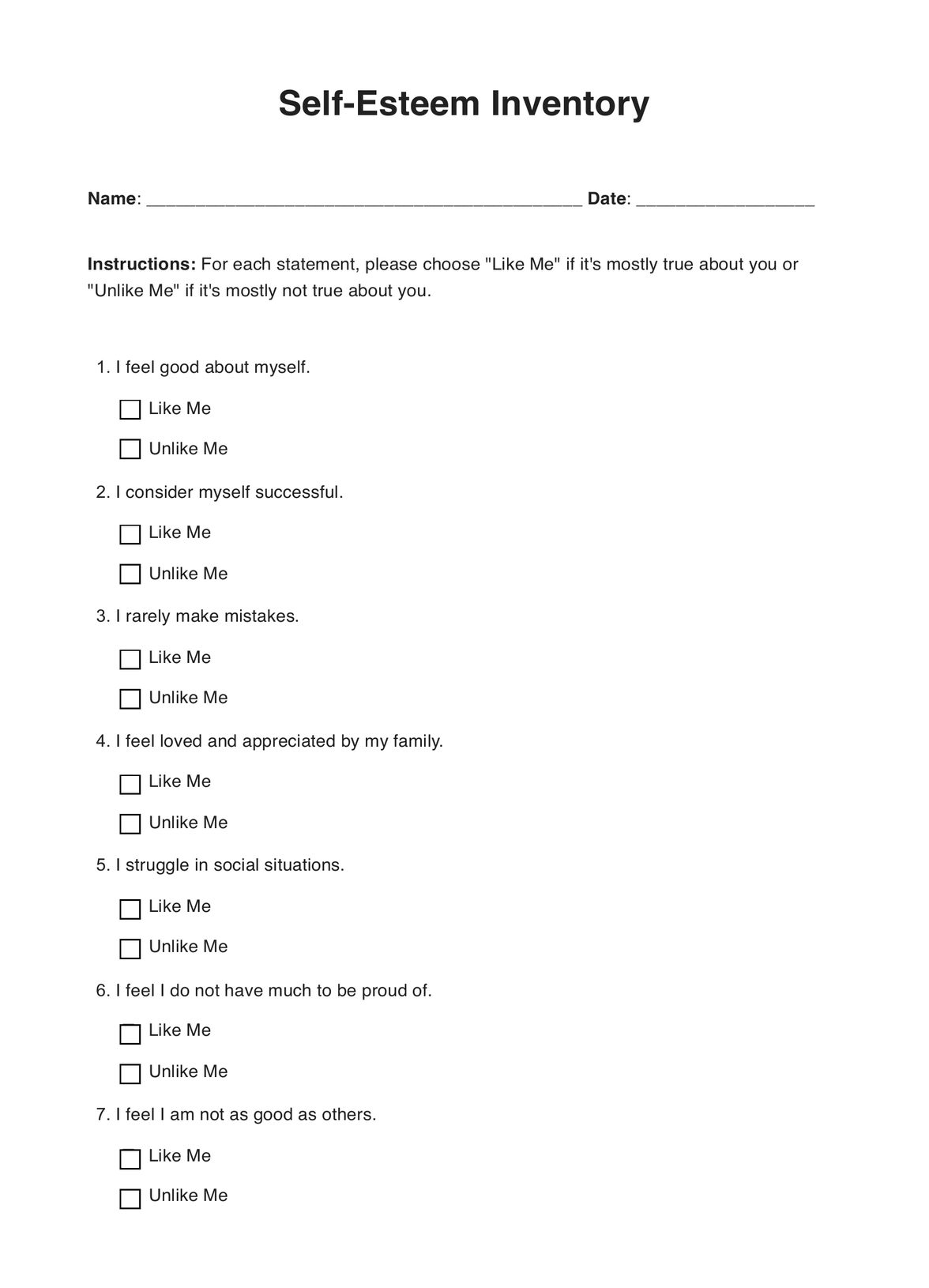



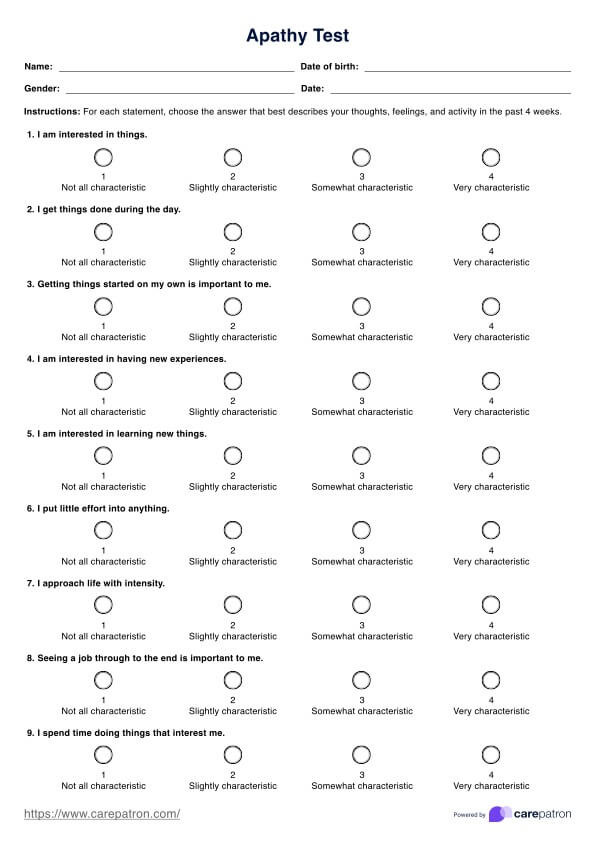
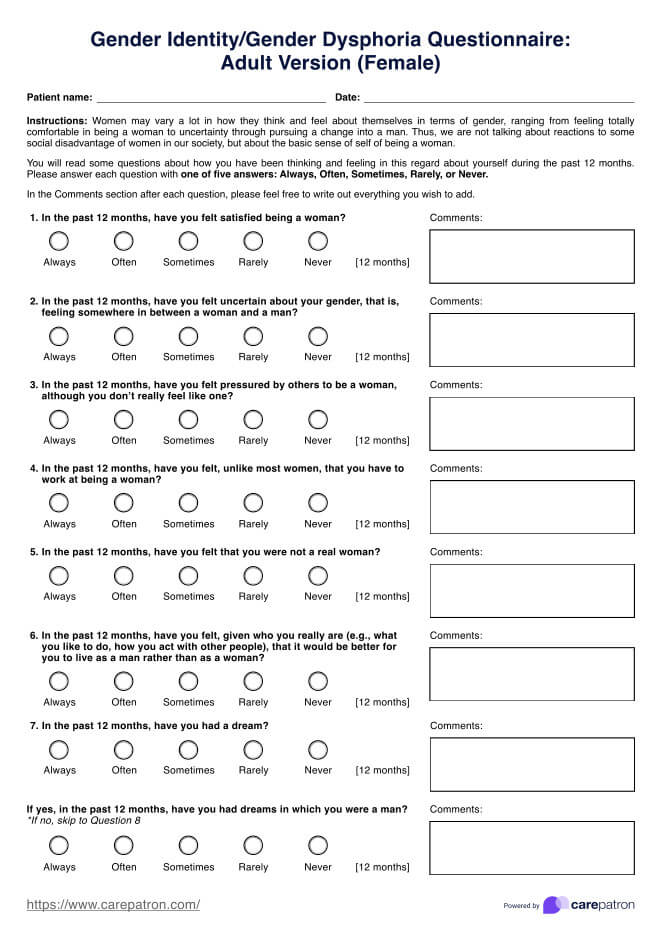









-template.jpg)
















































































